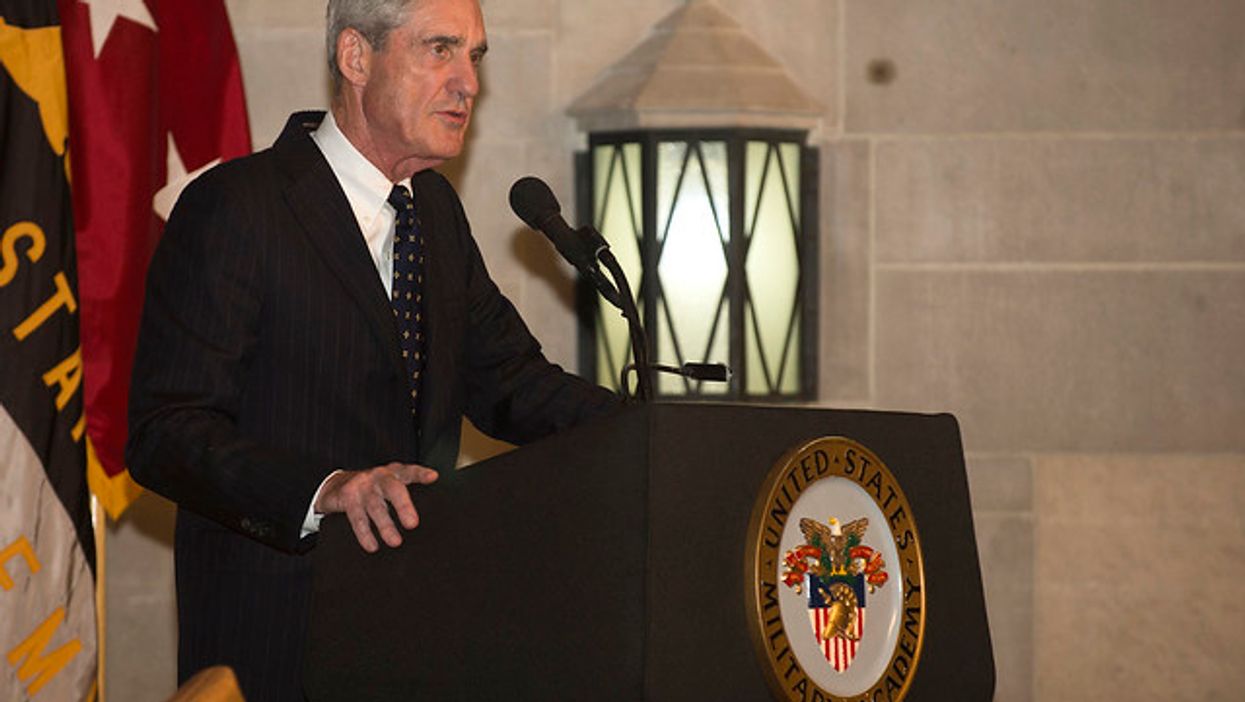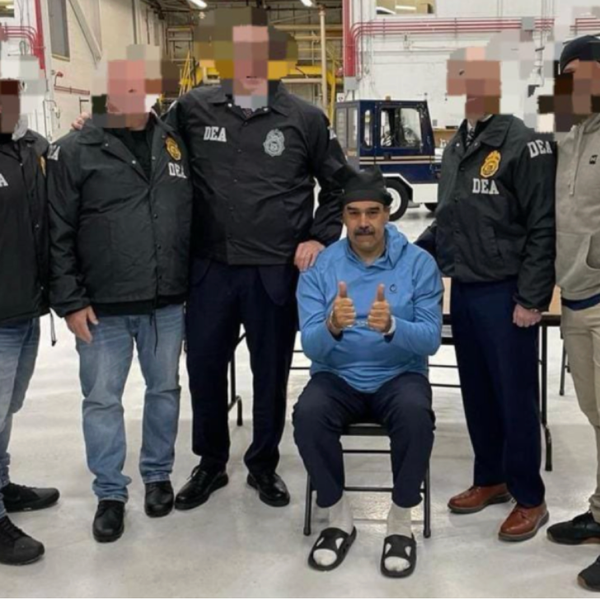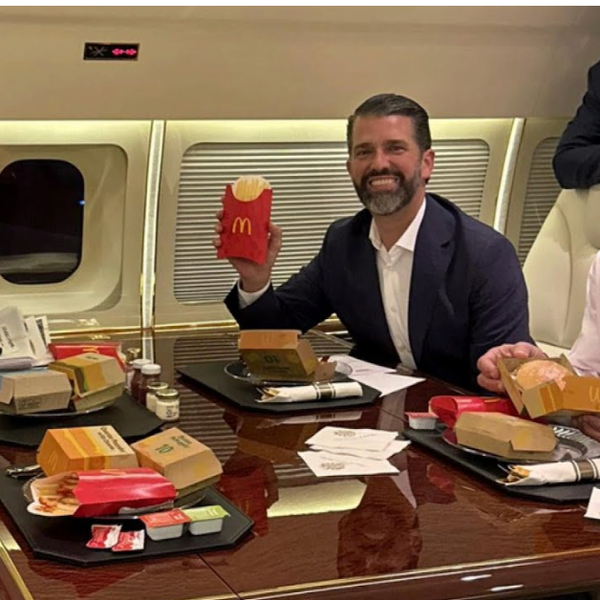
Former Special Counsel Robert Mueller
Reprinted with permission from Alternet
After Special Counsel Robert Mueller concluded his investigation into ties between the Russian government and the Trump campaign, the big question still loomed: Was the president guilty of a serious crime?
Attorney General Bill Barr quickly took it upon himself to answer the question, explaining that the special counsel's work had failed to accuse Donald Trump of criminal acts, and he personally concluded that insufficient evidence existed for any charge. This announcement stunned and perplexed many observers while cheering the president's allies. The truth only became clear weeks later when the Mueller report was finally released: It laid out substantial evidence that Trump was guilty of many instances of obstruction of justice, but the report was written so as to avoid making this conclusion explicit. (Mueller also sent a letter to Barr arguing that his initial statements about the resolution of the case had been misleading.)
Now, new revelations from one of Mueller's top deputies, Andrew Weissmann, reveal the context of Mueller's peculiar choice — one that I've argued was a colossal mistake.
In an interview with The Atlantic's George Packer, Weissmann discussed his new book, Where Law Ends: Inside the Mueller Investigation. Though he apparently still reveres Mueller and appears to avoid criticizing him directly, Weissmann derides many of the decisions the investigation made that caused it to pull its punches, including refusing to determine whether the president was guilty of a crime.
He also revealed that, contrary to what both critics and defenders of the president have said, Trump's efforts to obstruct justice were clearly successful.
"The specter of our being shut down exerted a kind of destabilizing pull on our decision-making process," Weissmann said.
People have said that since Trump never fired Mueller, he didn't actually obstruct justice. But he fired the previous person overseeing the probe: James Comey. And the threat that he could do it again distorted the investigators' work, which is exactly what obstruction of justice hopes to accomplish.
Weissmann put the blame on another deputy, Aaron Zebley, for repeatedly making timid choices that would avoid direct confrontations with the president. And Weissmann admits that he disagreed with the decision not to accuse Trump of a crime, arguing, as I have, that it relied on a warped sense of fairness:
Weissmann politely demolishes this effort at extreme fairness. "I was flummoxed by Mueller's thinking," he admits. The special counsel was required to make a legal recommendation on the facts and present it in an internal department document to the attorney general. Barr could decide to keep the report private. Or, if it became public, Trump could use his unparalleled platform to defend himself to the country. Or he could choose to be charged and tried in order to clear his name. Mueller, completely out of character, was "making his own, freelance judgments about what was appropriate and not delivering on what he was tasked with doing."
Weissmann made these arguments to the lawyer whom Mueller had assigned to draft this tricky passage of the report. "I also think it seems like a transparent shell game," Weissmann told his colleague. "When there is insufficient proof of a crime, in volume one, we say it. But when there is sufficient proof, with obstruction, we don't say it. Who is going to be fooled by that? It's so obvious."
He went on to explain how Mueller failed to anticipate that Barr would use this reluctance against him and twist it in Trump's favor:
And Mueller? He was incapable of navigating the world remade by Trump. He conducted himself with scrupulous integrity and allowed his team to be intimidated by people who had no scruples at all. His deep aversion to publicity silenced him when the public badly needed clarity about the special counsel's dense, ambiguous, at times unreadable report. His sense of fairness surrendered the facts of presidential criminality to an administration that was at war with facts. He trusted his friend Barr to play it straight, not realizing that Barr had gone crooked. He left the job of holding the president accountable to a Congress that had shown itself to be Trump's willing accomplice. He wanted, above all, to warn the American people about foreign subversion of our democracy, while the greater subversion gathered force here at home.
Mueller's focus on foreign interference at the expense of the president's lawlessness was ultimately self-defeating. Barr's announcement about the end of the investigation quickly muffled cries for the president to be held accountable, and the density of opacity of the Mueller report itself sank any remaining Democratic energy for impeachment. And now Trump is overseeing an administration that is completely refusing to deter Russian interference in the election, as Barr himself works to undermine confidence in the final vote. Because the country has been unable to get past Trump, it's completely incapable of stopping foreign interference.
The House only regained enough momentum to actually charge the president with high crimes and misdemeanors when the president went even further than his obstruction, leveraging the power of his office and congressional funds to induce the Ukrainian president into helping his campaign. Had the House had the will to charge Trump for the crimes Mueller uncovered, perhaps because Mueller had unambiguously determined that the president was a criminal, these additional impeachable offenses would never even have been committed.








